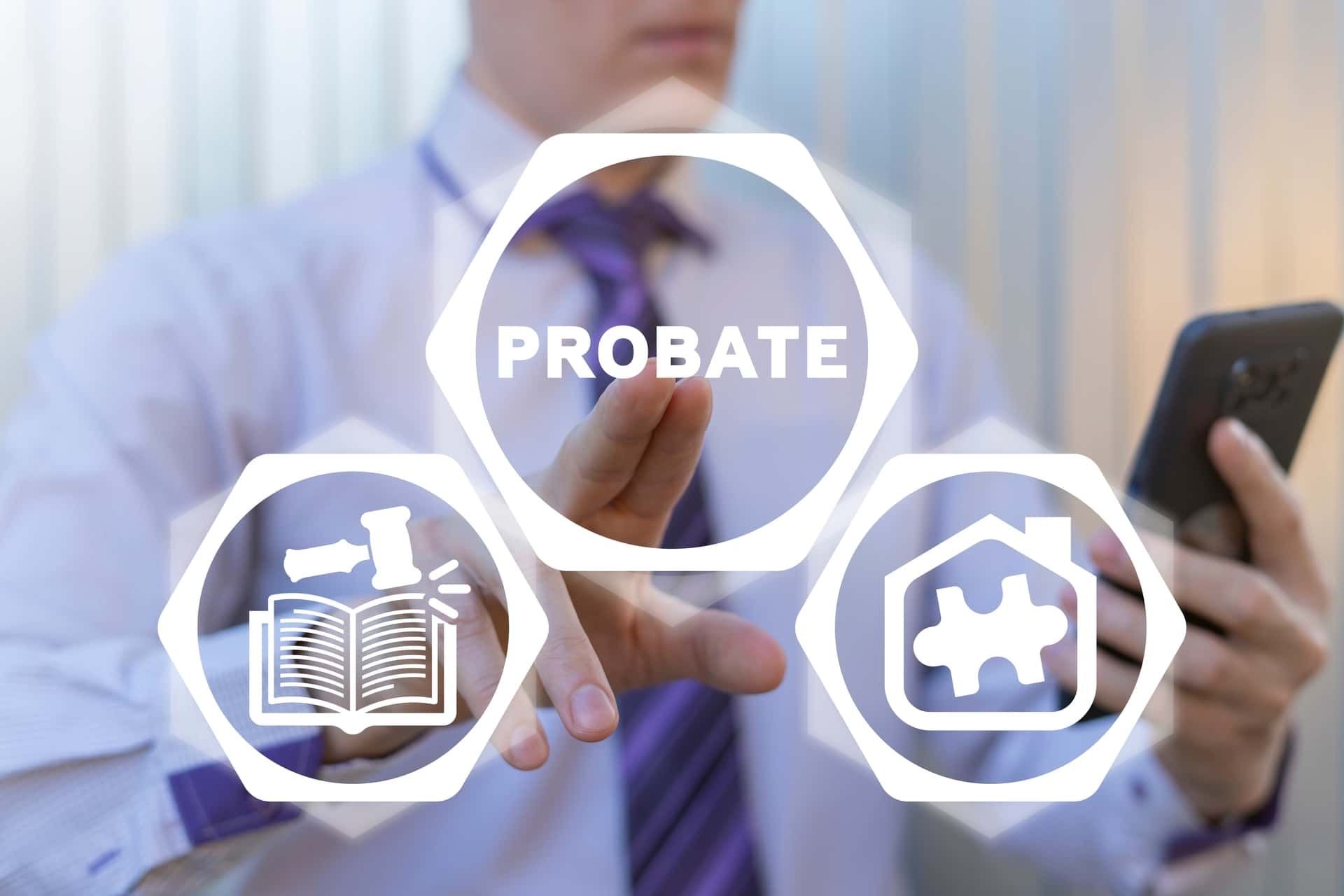Why Hire A Wills And Trusts Lawyer?
No matter your age, to keep your assets protected and the rights of your family protected if you pass away, you should create an estate plan.
In Florida, the most popular estate planning tools include wills and trusts.
Both can be used to transfer property to your heirs and are very effective. However, there are some key differences between the two you should consider before settling.
Join us today as we explore the role of a wills and trusts lawyer and clarify the difference between a will and trust.
What Does A Wills And Trusts Lawyer Do?
A wills and trust lawyer is commonly referred to as an estate planning attorney. These legal professionals specialize in creating comprehensive estate plans that help individuals clarify what happens to their assets upon death or capacity.
Due to their legal experience, they can evaluate your financial and family situation and guide you through the estate planning process, assisting you in making the best choices for your descendants.
In addition to setting up basic estate planning documents, a wills and trusts lawyer can also familiarize you and set in place clear end-of-life arrangements. This is especially important for people with complex family situations, such as people with special needs children, and those with valuable estates.
How Can An Attorney Help Set Up A Trust Or A Will?
Before clarifying the differences between a will and trust, let’s see how an attorney can assist you in setting up these legal tools.
A wills and trusts lawyer can:
- Advise you on the terms of your trust or a will
Legal professionals can identify the essential aspects of your estate plan, including how much assets you will leave to specific beneficiaries.
- Completing paperwork
Filling out paperwork and setting the most favorable terms in these documents is no easy task. Although you can create a simple will alone, you’ll need a wills and trusts lawyer to set up a valid trust.
In addition to creating the documents and ensuring they meet all the state requirements, legal professionals can file them correctly within the right court, eliminating any potential hiccups that may occur at a later date.
- Safeguarding your estate against claims
A legal professional can make certain your legal documents are airtight, which helps minimize the confusion once you pass away and protects your estate from fraudulent creditor claims.
Difference Between A Will And Trust
As we said in the very beginning, while both are estate planning instruments, they have plenty of differences. Here are definitions of both, which will help make the subject matter a lot clearer.
What Is A Will?
A will is a legal document created to direct the division of your assets upon your death to designated beneficiaries.
In addition to clarifying the distribution of property, wills are often used for matters requiring a person’s decisions. This may include appointing a personal representative, naming guardians of minor children or other dependents, or directions regarding your burial.
Wills in Florida don’t need to be notarized and only require the presence of two witnesses. It’s worth pointing out that you can notarize a will if you choose to do so, in which case it becomes a self-proving will.
What Is A Trust?
A trust is a legal arrangement allowing for the transfer of property from the grantor (person owning the assets and creating the trust) to a beneficiary. A grantor can set instructions for how the assets are managed and distributed while also appointing a trustee, a fiduciary tasked with handling the assets as per the terms of the trust.
Wills become effective after death, whereas trusts often become effective after the grantor transfers the assets into the trust.
There are various categories of trusts.
For example, a
living trust is created while the grantor is alive, while a testamentary trust is established after death per instructions left in a will.
Trusts can also be revocable. This type allows the grantor to serve as its trustee and can terminate or alter the document in any way they see fit. It’s also possible for the grantor to assign a successor trustee who can take over the management of the trust if the grantor passes away or becomes incapacitated.
Assets contained within a revocable trust can be transferred to beneficiaries without probate. Still, it’s worth stressing that because the grantor retained control of the trusts, the assets will be considered a part of their taxable estate.
Irrevocable trusts, on the other hand, require the grantor to surrender ownership of the assets to the trust itself. They also can’t alter or control any aspect of the trust after it becomes effective.
All the management in this type of trust is the responsibility of a trustee.
This may seem like a disadvantage, but there are plenty of tax benefits of an irrevocable trust, primarily that the assets aren’t a part of the taxable estate.
Depending on the quality of the trust, the trust assets may also be protected from creditor claims, allowing you to maximize the amount of assets you leave to your heirs after passing away.
Is A Trust Better Than A Will?
While trust offers plenty of protection, the question of which estate planning tool is better depends strictly on the circumstances involved. Wills are less expensive and a lot easier to create and implement, but they can also be contested during probate.
Wealthier individuals who want to avoid probate while also minimizing estate taxes can benefit from creating a trust.
Consult a wills and trusts lawyer to gain information on which instrument will work in your favor.
Establish An Estate Plan
Regardless of the amount of assets or your age, you should create an estate plan to ensure your possessions end up with the right people. This is especially important for people with children who can use an estate plan to designate a guardian if they ever become incapacitated or die prematurely.
Contact the attorneys at
Law Offices Of Mary E. King to start taking care of the future.
With decades in this legal field and an unmeasurable number of success stories, you can always rely on us to deliver a top-notch legal service at a reasonable price.
Establish an estate plan - call
941-906-7585 or fill out our
contact form.
Note:
The information in this blog post is for reference only and not legal advice. As such, you should not make legal decisions based on the information in this blog post. Moreover, there is no lawyer-client relationship resulting from this blog post, nor should any such relationship be implied. If you need legal counsel, please consult a lawyer licensed to practice in your jurisdiction.
Disclaimer: The information on this website and blog is for general informational purposes only and is not professional advice. We make no guarantees of accuracy or completeness. We disclaim all liability for errors, omissions, or reliance on this content. Always consult a qualified professional for specific guidance.
RECENT POSTS
CONTACT US






